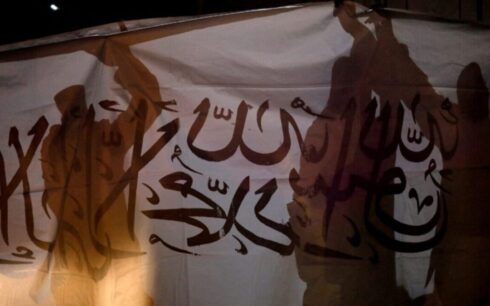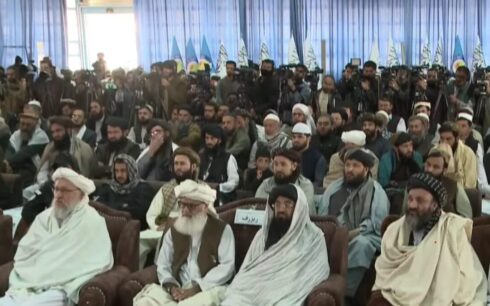Information collected by Amu reveals that Taliban and Iranian forces have clashed along the border five times in the 21 months since the Taliban took control.
The first skirmish between the two sides was on December 1, 2021, in Shaghalak area in the western province of Nimroz. Authorities at the time said the clash happened due to a “misunderstanding” between the two sides.
Iranian forces claimed at the time that the clash was first started by the Taliban.
The second time the two sides clashed was on April 21, 2022, near the Islam Qala border. The clash caused the temporary closure of the Islam Qala-Dogharoon border crossing. This was apparently started after the Taliban tried to build a road that ended up near the international border between the two neighboring countries.
The third time the two sides faced off in a border skirmish was July 23, 2022, near Dost Mohammad Township in Hirmand border town.
Seven months later in Feb. 2023, the two sides again exchanged fire over a truck allegedly carrying smuggled goods that was stopped by an Iranian border force member who was temporarily arrested by Taliban border force members. Iran’s Irna news agency reported that the soldier was released after talks between the two sides.
The latest skirmish, on Saturday, May 27, was at the Pul-e-Abrisham border crossing in Nimroz province, west of Afghanistan. At least three people were killed in the clashes that broke out twice in the span of 20 hours on May 27.
Iran’s interior minister downplays border skirmish
Iran’s interior minister Ahmad Wahidi said the clash was a brief exchange of fire and that it was addressed after talks with the Taliban.
“We have no issue at the moment and the situation in the border crossing is calm,” he said.
Taliban and Iran have blamed each other for starting Saturday’s exchange of fire.
However, this latest incident comes amid rising tensions between Iran and the Taliban over the 1973 water treaty that allows Iran to use water from Afghanistan’s Helmand River.
Iran claims Afghanistan is blocking the flow of the river to its Sistan and Baluchistan province and giving it only a fraction of its rightful amount of water. The Taliban in turn claim the country is in the grips of a drought and that the Helmand River and its dams do not hold enough water to feed into Iran.





